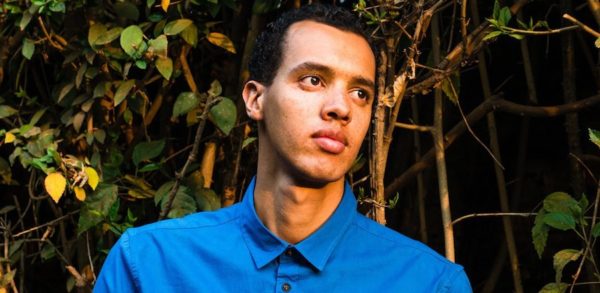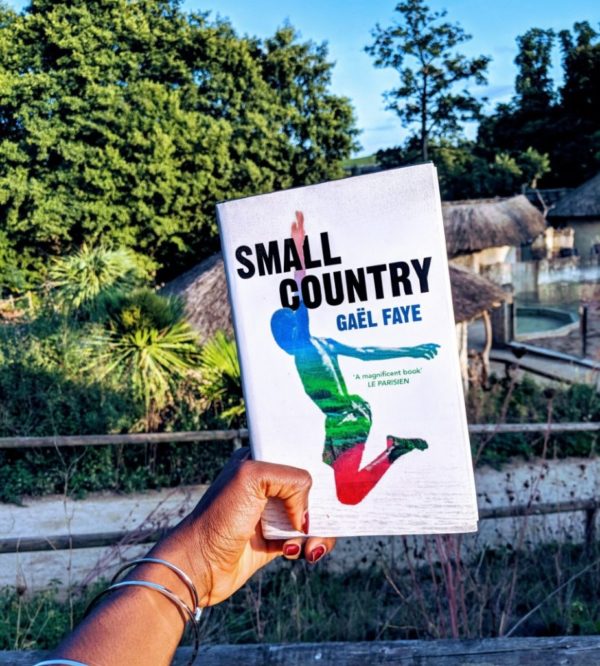
France-based Burundian artist Gael Faye has met success since stepping into literature from hip hop. His novel Small Country, first published in French in 2016 as Petit Pays, came out in English in June from Penguin Random House and Hogarth, translated by Sarah Ardizzone, and has been one of the gems of 2018. Starting in 1992 in Burundi, the novel captures the genocide and civil war that befell Burundi and Rwanda.
Longlisted for the 2019 Andrew Carnegie Medal for Excellence in Fiction and the 2019 Aspen Words Literary Prize, Small Country was selected by Time for its “Best Summer Books of 2018” and by Esquire for its “Best Books of 2018.”

Here is a description from its publishers.
Already an international sensation and prize-winning bestseller in France, an evocative coming-of-age story of a young boy, a lost childhood and a shattered homeland.
Burundi, 1992. For ten-year-old Gabriel, life in his comfortable expatriate neighborhood of Bujumbura with his French father, Rwandan mother and little sister Ana, is something close to paradise.
These are carefree days of laughter and adventure – sneaking Supermatch cigarettes and gorging on stolen mangoes – as he and his mischievous gang of friends transform their tiny cul-de-sac into their kingdom.
But dark clouds are gathering over this small country, and soon their peaceful existence will shatter when Burundi, and neighboring Rwanda, are brutally hit by civil war and genocide.
A novel of extraordinary power and beauty, Small Country describes an end of innocence as seen through the eyes of a child caught in the maelstrom of history. Shot through with shadows and light, tragedy and humor, it is a stirring tribute not only to a dark chapter in Africa’s past, but also to the bright days that preceded it.
Among the novel’s champions are Imbolo Mbue (“Unforgettable… Gaël Faye’s talent is breathtaking; no country that can give the world a writer like him should be ever be called small”), Chigozie Obioma (“An evocative portrait of what it means to lose one’s freedom and innocence… He is a writer of great promise and grace”), Alain Mabanckou (“Personal and intimate… Gaël Faye has evoked the darkest pages of contemporary Africa without tipping into pathos”), and Nadifa Mohamed (“Luminous… This is a book that demanded to be written. Faye dramatises the terrible nostalgia of having lost not only a childhood but also a whole world to war”).









COMMENTS -
Reader Interactions